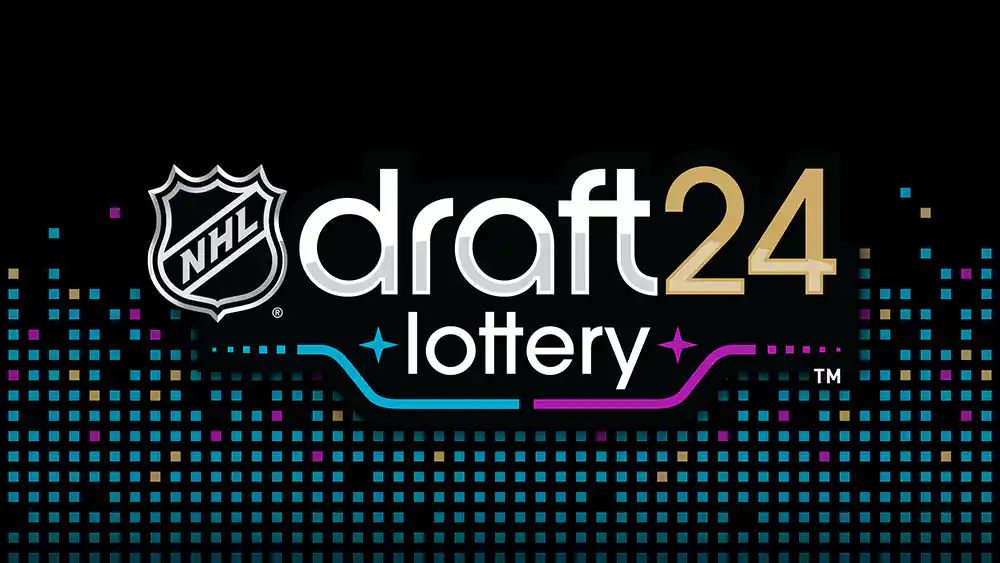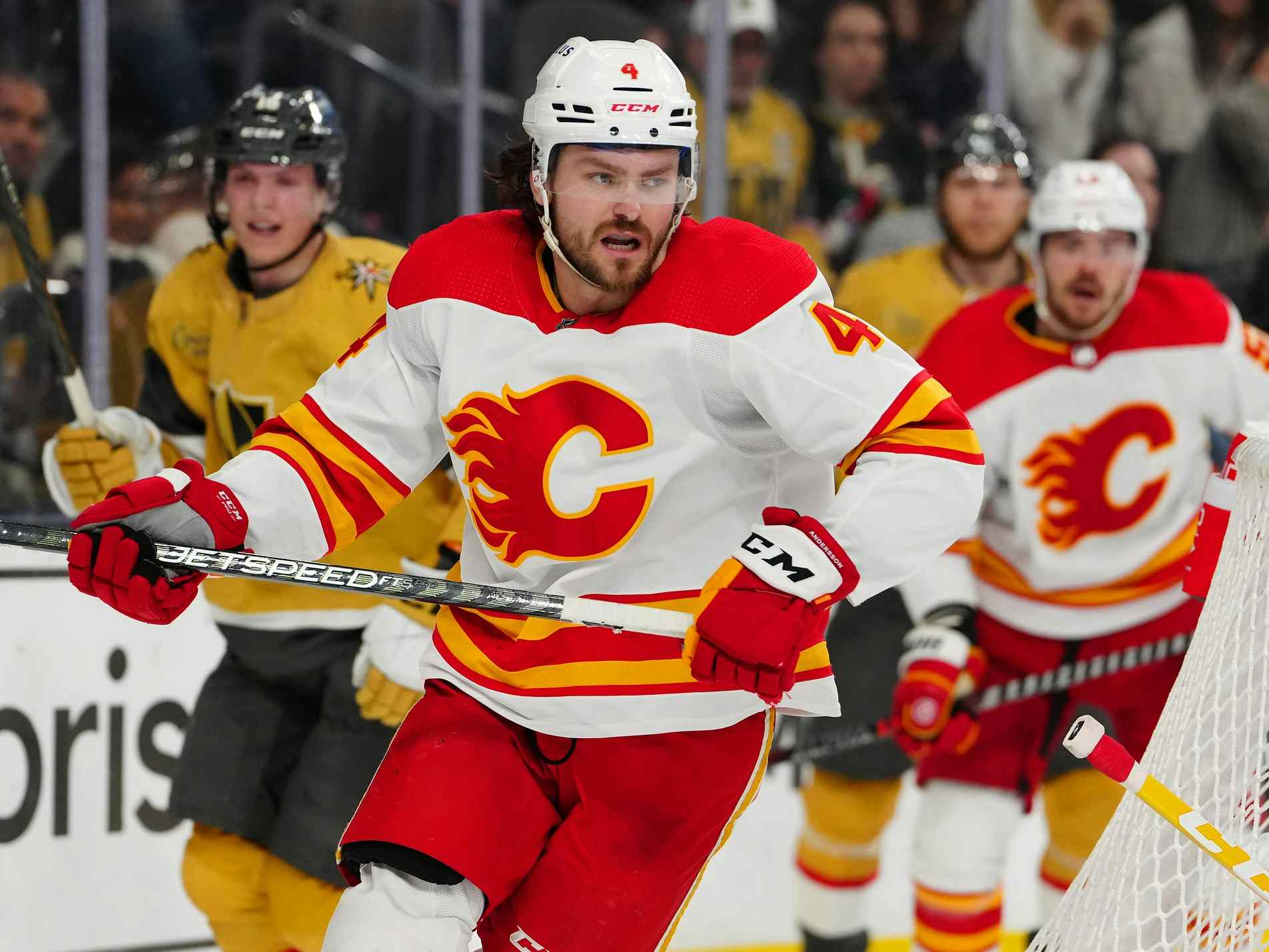Will the Game 6 collapse cost Geoff Ward his job?

By Ryan Pike
3 years agoIn November, associate coach Geoff Ward became interim head coach of the Calgary Flames under less than ideal circumstances. He coached the team into the playoffs despite habitual inconsistency from his club’s best players and a swirling vortex of weird stuff happening around the club.
In Game 6 against the Dallas Stars, that player inconsistency and some curious decision-making as a coach may have cost Ward the full-time gig as Flames head coach.
Before we dive into Ward’s challenges, a disclaimer: the format of the 2020 playoffs involved games basically every second day and little in the way of practice time once things got going. The Flames played 10 games from Aug. 1-20, or basically a game every second day. If you’re the head coach, it’s difficult to experiment with new line combinations mid-game and there’s almost no practice time to get creative.
That said, Ward stubbornly stuck to his guns throughout the entire post-season run. He only really tweaked lines in Game 2 and 5 against Dallas – and the Game 2 changes were required because Matthew Tkachuk was unable to play due to upper and/or lower body traumas.
| Line | Time on Ice | Corsi For % | Expected Goals For % | Offensive Zone Face-off % |
| Lucic – Bennett – Dube | 100:27 | 50.0 | 52.2 | 68.6 |
| Gaudreau – Monahan – Lindholm | 89:31 | 39.1 | 37.6 | 45.8 |
| Mangiapane – Backlund – Tkachuk | 63:34 | 50.0 | 56.0 | 49.1 |
| Mangiapane – Backlund – Rieder | 28:51 | 41.2 | 28.5 | 50.0 |
| Jankowski – Ryan – Rieder | 26:13 | 50.0 | 46.3 | 73.3 |
| Mangiapane – Backlund – Lindholm | 22:31 | 69.2 | 74.1 | 50.0 |
| Gaudreau – Monahan – Rieder | 22:03 | 68.2 | 60.8 | 81.8 |
You’ll notice a few things here:
- The first line was started primarily in the defensive zone and got their butts kicked possession-wise.
- The new-look second line (with Rieder replacing Tkachuk) also got their butts absolutely kicked.
- The usage of the second lines didn’t change very much, even with the Flames getting wildly out-played and out-chanced in Games 3, 4 and 5.
- The newer-look first and second lines, after Rieder was moved to the top unit and Lindholm to the second, performed much, much better (albeit in four periods of usage).
It’s easy to second-guess after the fact, but it’s very odd that after Ward made all kinds of line experimentations throughout November and December, he was so loathe to make any tweaks in the post-season. It’s even odder when you consider that the traditional usage of the Backlund line has been to absolutely bury them in the defensive zone in favour of giving Gaudreau’s group the extra offensive reps. All due respect to him, but Backlund isn’t employed to be a needle-mover offensively and once Tkachuk went down, the justification for not using Backlund’s line in a defensive role was completely out the window. At that point, why not just throw Gaudreau’s trio into the offensive zone at every available opportunity?
(Aside: while the Gaudreau line did start a higher proportion of their five-on-five shifts in the offensive zone against Dallas than Winnipeg, that shift was part of an overall series-wide shift of the Flames having more O-zone starts as a team and the skew towards heavy O-zone starts relative to the rest of the team for Gaudreau and Co. in that series didn’t begin until midway through Game 5.)
The line usage worked against Winnipeg for the most part, because Winnipeg was a much shallower team than Dallas and the Flames, as a whole, out-played them. But against Dallas the margins became extremely thin and Ward was either unwilling or unable to make on-the-fly tweaks to his groupings and usage until it was too late.
The defensive pairs did not change during the 10 games, as well.
| Pairing | Time on Ice | Corsi For % | Expected Goals For % | Offensive Zone Face-off % |
| Giordano – Brodie | 152:19 | 44.7 | 48.7 | 43.1 |
| Hanifin – Andersson | 148:28 | 47.5 | 45.8 | 55.7 |
| Forbort – Gustafsson | 101:52 | 49.7 | 49.7 | 56.7 |
I’ll give Ward the benefit of the doubt here. The traditional usage has been to use the Backlund line with Giordano and Brodie to shadow the other team’s top guns, resulting in tons of defensive zone starts. The defensive usage was replicated here and was adequate. Mixing up the pairings may not have been a viable option considering Forbort and Gustafsson’s level of inexperience with the group – the only viable pairing was probably Giordano with Andersson, but that would’ve left the other two groups as a bit of a mess.
The defenders that didn’t get into games were Michael Stone, Juuso Valimaki, Oliver Kylington and Alexander Yelesin. It’s not clear that any of them would’ve given the Flames an edge on the back end.
The irony of Ward being slow to tweak his forward lines throughout the Dallas series was that his knee-jerk goaltender change in Game 6 seemed to make the team unravel entirely. Cam Talbot had been the team’s security blanket throughout the post-season and David Rittich hadn’t seen a lick of competitive hockey since March (and hadn’t won since late February). The result was akin to a passenger pulling the emergency door handle on an airplane in flight: an unmitigated disaster.
Throughout the playoffs, Ward has been a positive presence, frequently praising players to the media and never taking the bait to criticize them publicly. But a coach’s job is to motivate his team and to manage the moments in a game. Too often against Dallas, the Flames were unable to find the oomph to grab hold of games early. And in the one game where the Flames had Dallas on the run, Ward couldn’t keep them pushing or playing composed, structured hockey, and as a result, a tiny leak in the proverbial dam in the form of Miro Heiskanen’s first period goal eventually compounded into the dam completely bursting in the second period.
The Flames had challenges without Tkachuk. He’s their best player and their emotional leader, and losing him hurt them in a lot of different ways. But the remainder of the series, and especially Game 6, raised a lot of questions about Ward’s tactical fit as a head coach for the Flames.
There’s obviously going to be changes made for the Flames personnel-wise this off-season and it’s unclear what the player mix will be like for 2020-21, but Ward’s guidance in the team’s worst playoff collapse in decades was lacking and may cost him the permanent head coaching job.
Recent articles from Ryan Pike





